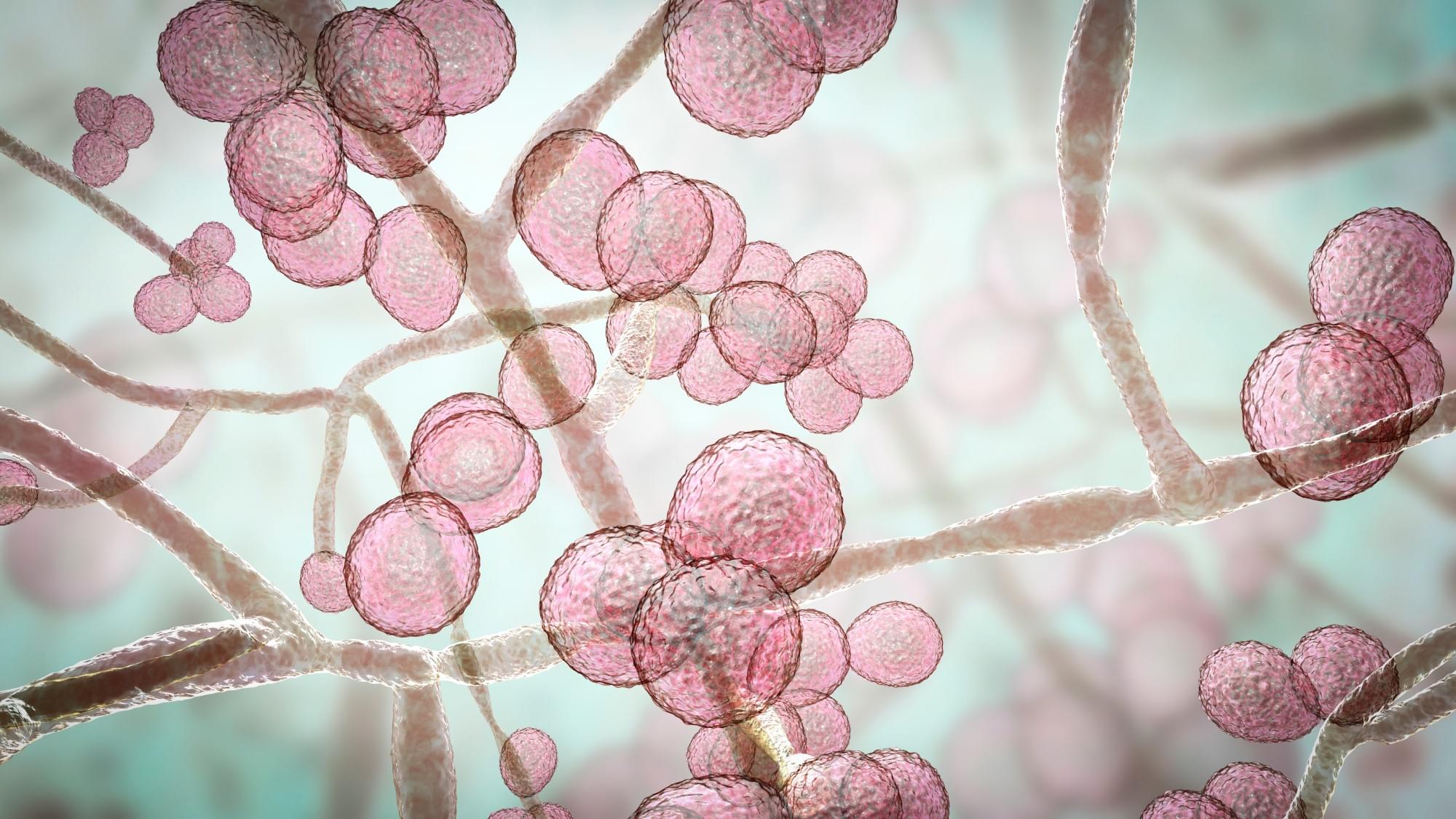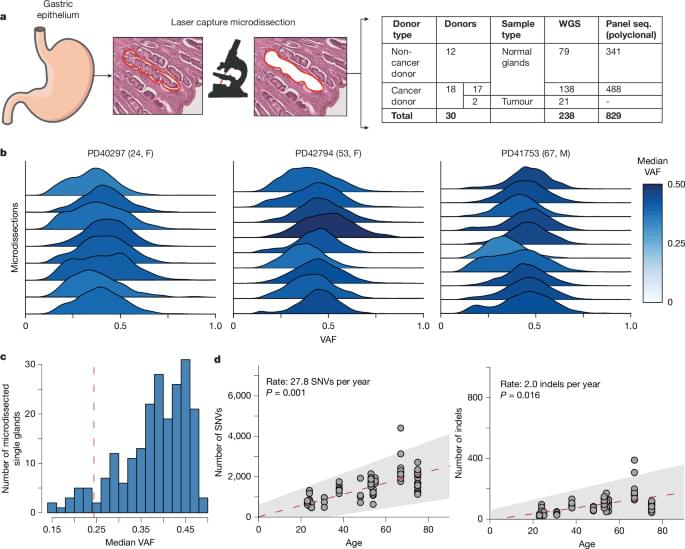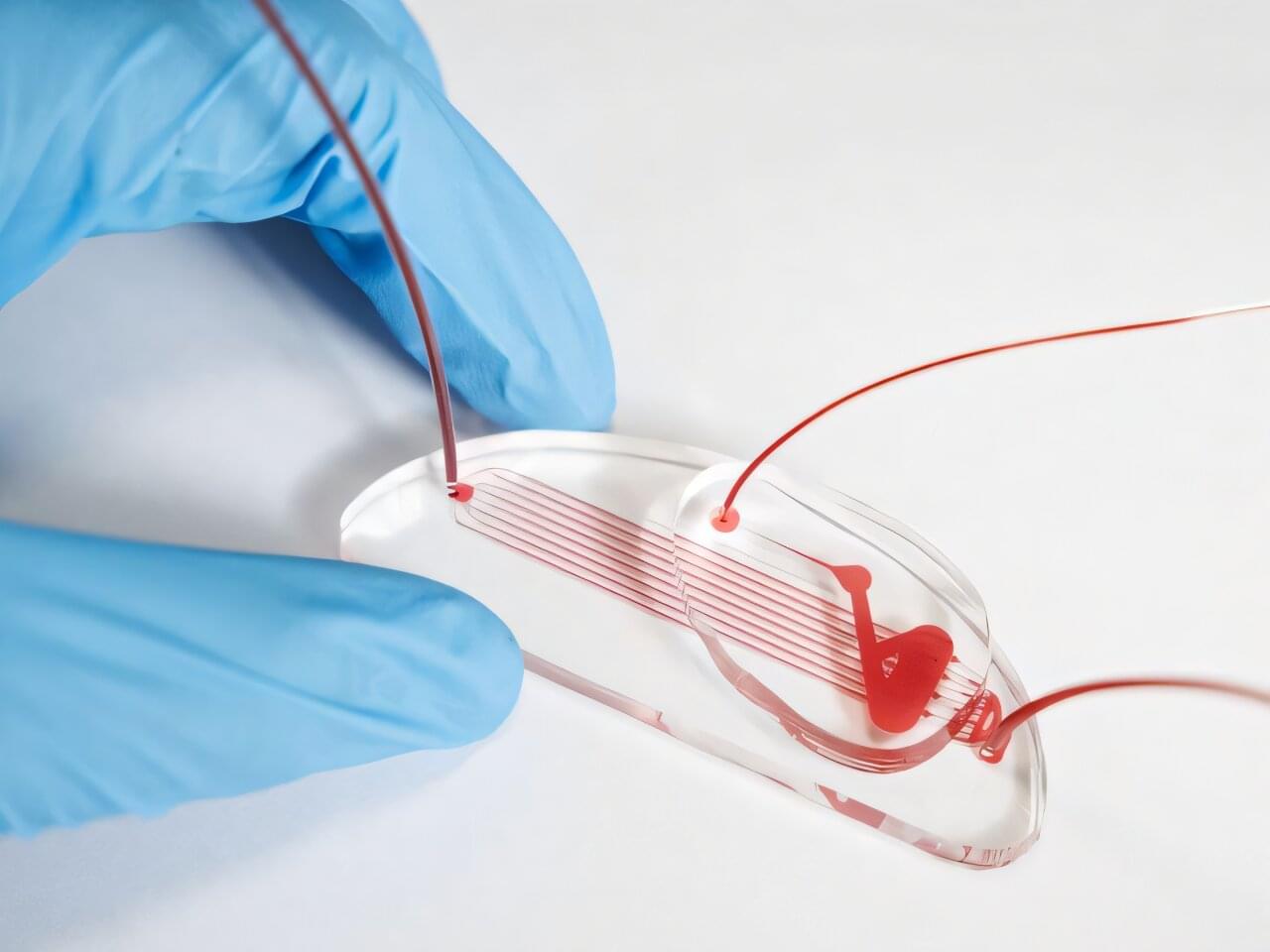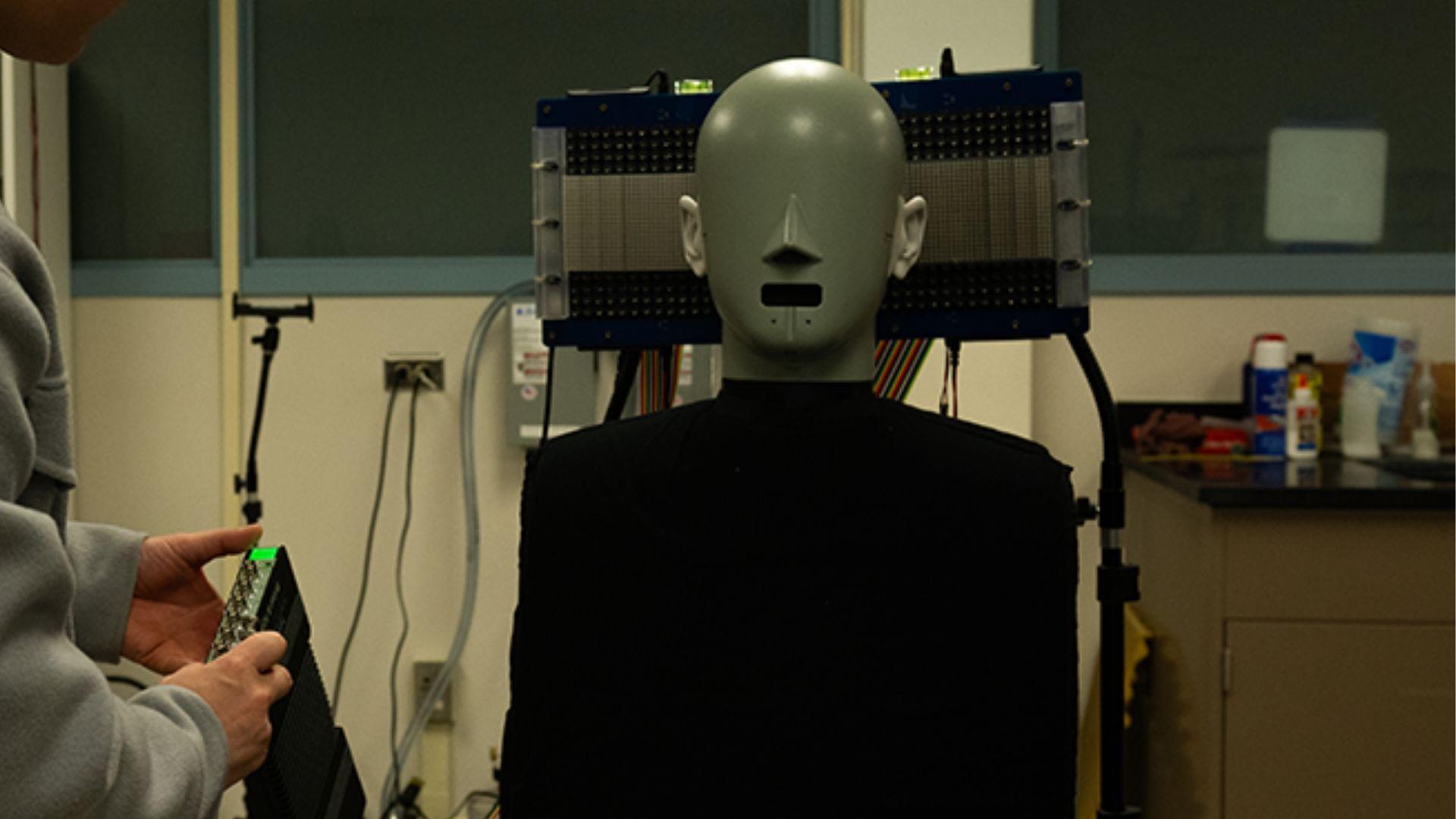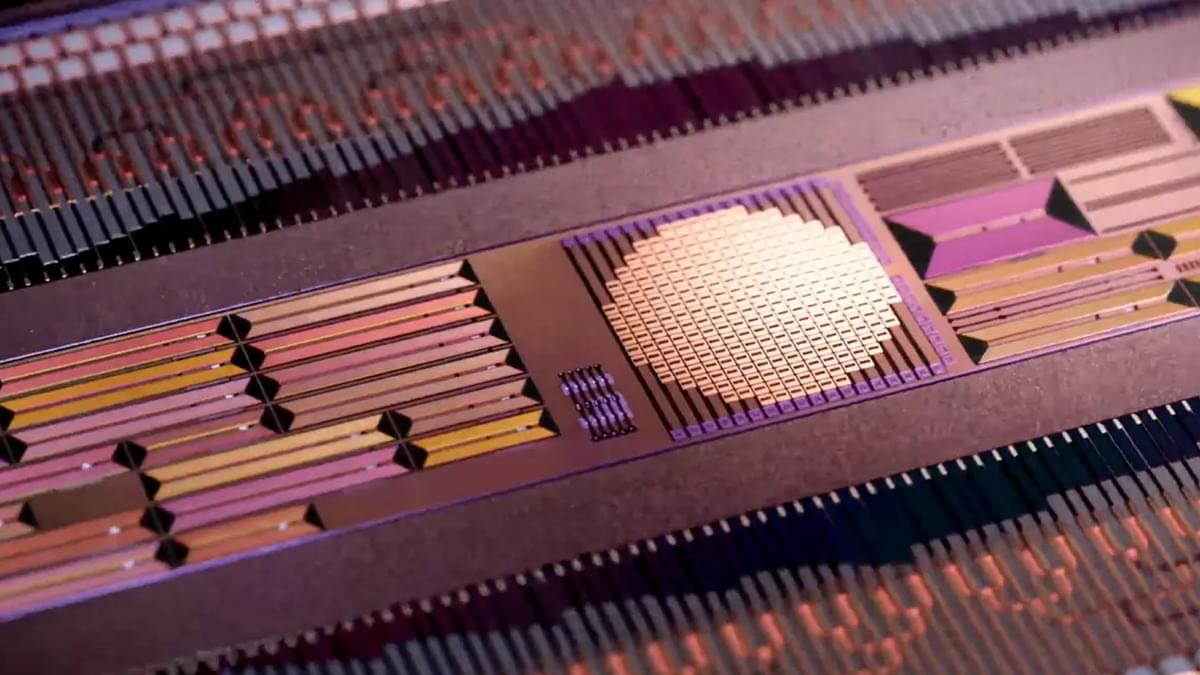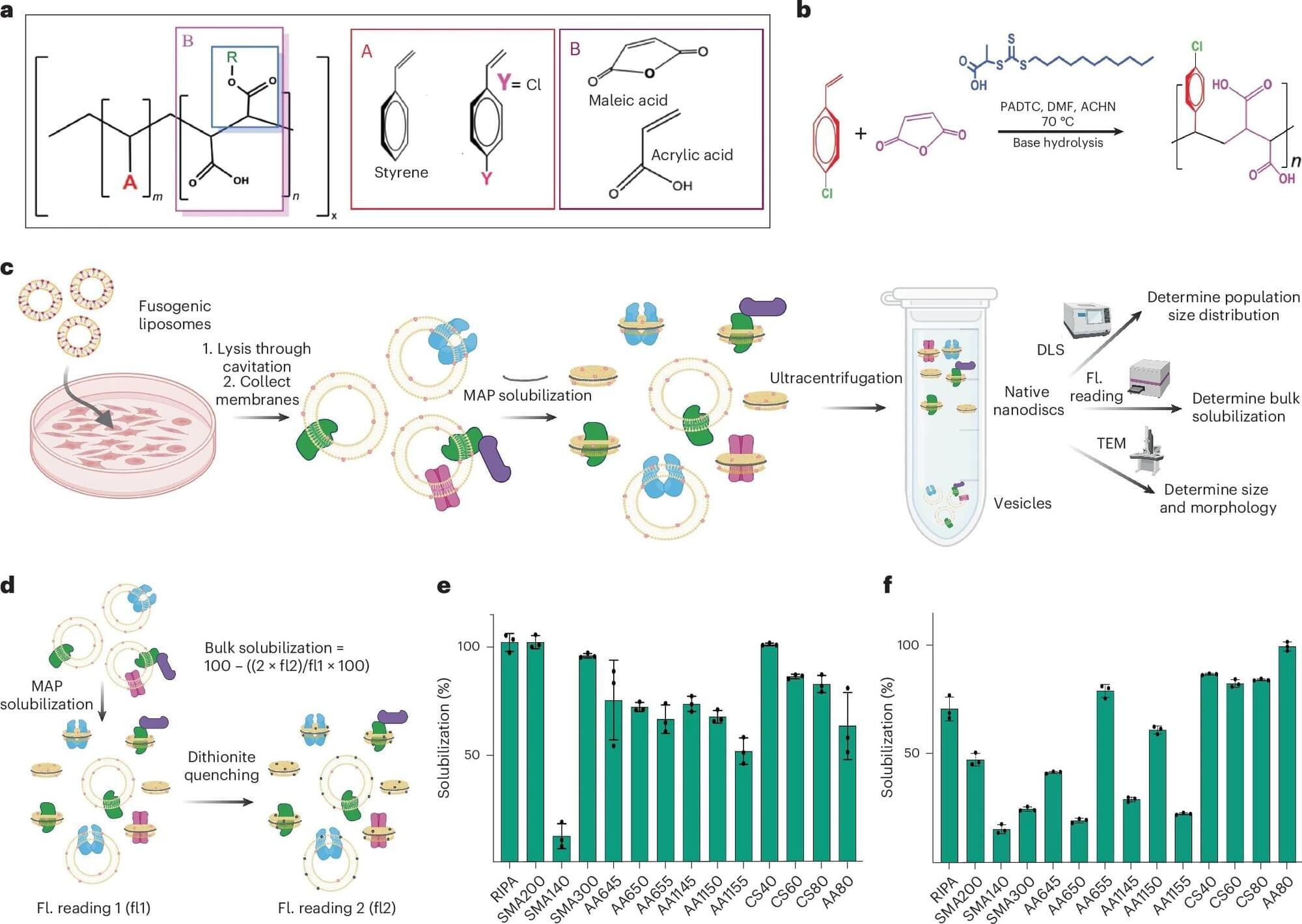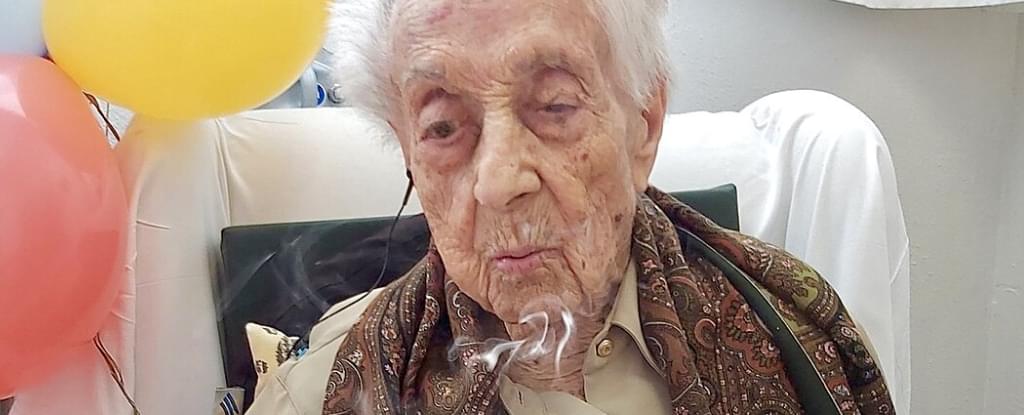Basically mushrooms can cure all major illnesses all over the human body and brain. If all the pharmaceutical companies got into business with Chinese medicine which has used mushrooms of all types we essentially have a no side effect system of 100 percent healing. Even the basic food pyramid has show essentially to prove beneficial to humans more than medicines. Also essentially nanotransfection for people that have lost limbs or lost any body part could in the future regenerate limbs similar to wolverine like in the marvel comics but at a slower pace but would heal anything while the mushrooms keep one well and fed. A lot of the American studies are a stop gap measure while mushrooms can cure things slowly but to 100 percent. Along with healthy eating and nanotransfection one could have all they need for any regeneration in the far future. In the future this technology and food could essentially allow for minimal down time healing inside and the foods would fuel the body. It could be put on a smartphone where even trillions of dollars would be saved getting doctor treatments down to a dollar or less for entire body scans and healing. It would be the first step towards Ironman but using the human body to heal itself and the foods to fuel regeneration.
The WHO has published the first list of priority fungal pathogens, which affect more than 300 million people and kill at least 1.5 million people every year. However, funding to control this scourge is less than 1.5% of that devoted to infectious diseases.
